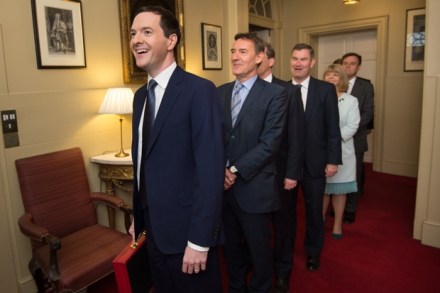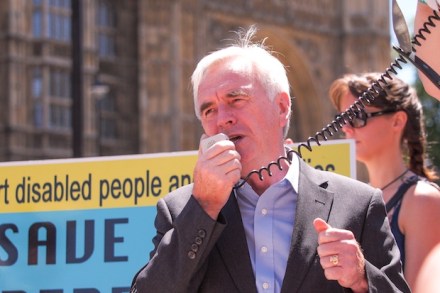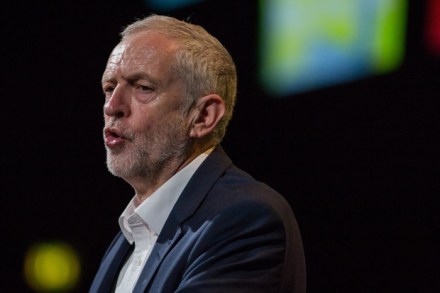What Cameron said to Osborne at the end of PMQs
At the end of PMQs today, David Cameron turned to George Osborne and said, ‘Well, that was a lot less stressful.’ I think this conclusively answers the question of whether or not Cameron is worried by Jeremy Corbyn’s PMQs technique of reading out questions that the public have sent in. Although, to be fair, I hear that Cameron was impressed by how calm Corbyn was today, especially considering that it was not only his PMQs debut but his first ever appearance at the despatch box. The Prime Minister remarked afterwards that the Labour leader’s hands weren’t even shaking as he asked his questions.



















